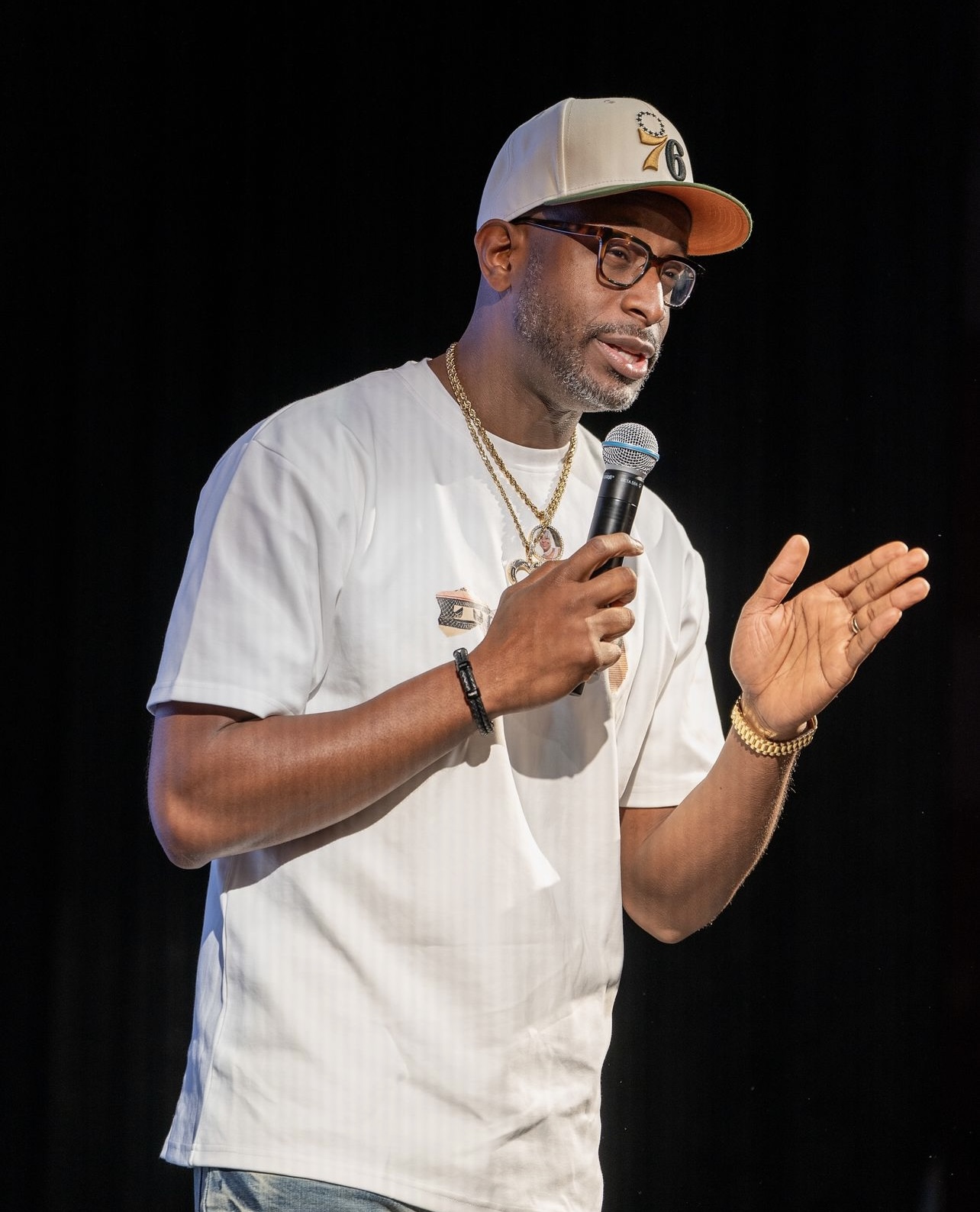The Democratic Republic of the Congo (DRC), laden with vast natural resources, is entangled in a web of exploitation and conflict, with its industrial mining sector at the center. This African nation, a tapestry of cultural diversity with over 200 ethnic groups and numerous languages, has been scarred by over two decades of devastating conflict, resulting in more than 5.4 million deaths, the highest toll since World War II. The DRC, despite its abundant mineral resources like gold and tantalum, continues to struggle with widespread poverty and the recent displacement of 6.9 million people due to increasing violence.
At the heart of the DRC's turmoil is the industrial mining of cobalt and copper, crucial for rechargeable batteries in technologies such as electric vehicles and smartphones. This surge in mining, while profitable for the global technology and automotive sectors, has precipitated severe human rights abuses. Reports by Amnesty International and local entities document forced evictions, sexual assaults, arson, and beatings related to the expansion of multinational mining companies. These transgressions disproportionately impact local communities, eroding their rights and means of subsistence.
The complexities inherent in the DRC's situation go beyond the immediate harm to its local communities. Multinational corporations and the global tech industry reap benefits from the DRC's mineral riches, while the local people endure the consequences of environmental harm and social injustice. This scenario underscores a critical ethical quandary: the quest for technological progress and sustainable energy at the expense of human rights and ecological integrity. The global community is thus confronted with the challenge of ensuring that the shift towards greener energy does not continue the legacy of exploitation. This predicament calls for strict regulatory measures and ethical mining practices, especially in vulnerable areas like the DRC.



